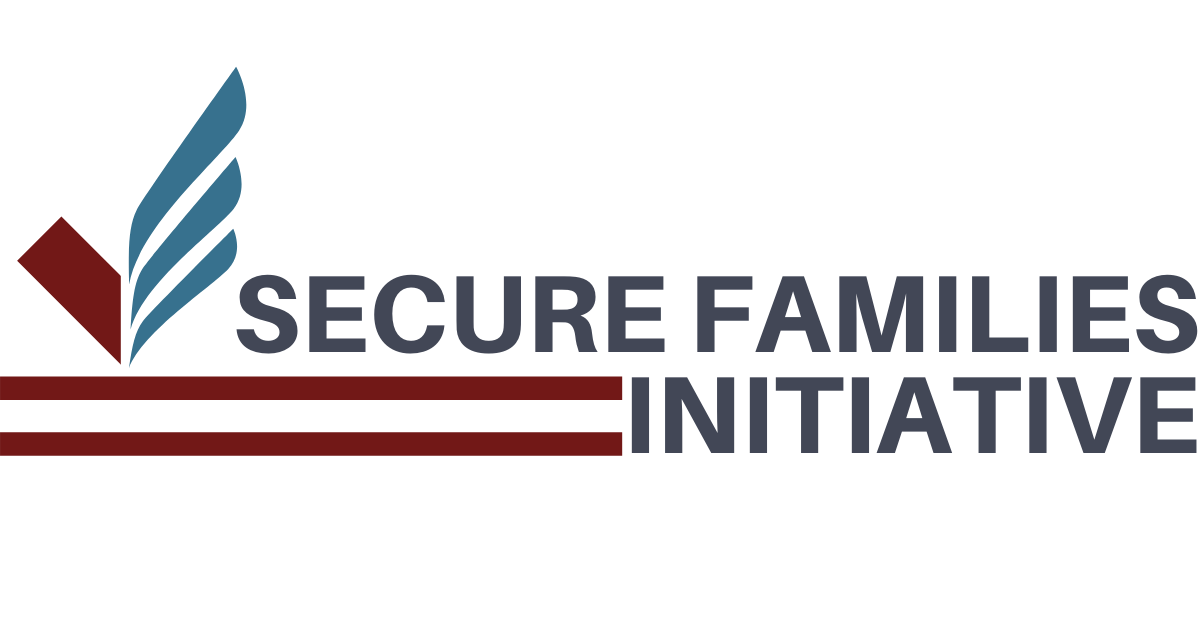Like the rest of the world, we were horrified by the surprise terrorist attack launched by Hamas on Israel 13 days ago, resulting in unthinkable civilian casualties and an astonishing number of people still being held hostage to this day. We have also become increasingly terrified by the growing humanitarian crisis affecting civilians in Gaza due to Israel’s counter-attack, which has killed over 1,500 children and is rising. Reports of cut-off water, electricity, and evacuation routes have left us appalled. We join the chorus of voices calling for urgent de-escalation of violence to prevent further loss of life.
As families of U.S. service members, our Secure Families Initiative community carries added layers of anxiety and concern for our loved ones in uniform. We are scared. This war is already touching thousands of families through deployments – and we all know, in wartime surges, that no branch or rank or job field is immune from danger.
As we monitor U.S. involvement in Israel, as with other conflict zones, there are two principal concerns that are always top of mind. We care about our service members’ physical safety, about minimizing preventable risks to their lives. And we care about our service members’ mental safety, about protecting them from tragic moral injury that can come from supporting actions that betray one’s moral compass.
What does that mean for this current moment?
First, it means that we appreciate the clarity from U.S. officials that there is no plan to send U.S. troops into Gaza. It is always difficult to track news amidst emerging conflicts, and clear, definitive remarks about no boots on the ground help assuage our worst fears.
Second, it means that as we stand with our allies, it is also crucial that U.S. officials continue taking steps to prevent this conflict from spreading across the region. We have tens of thousands of uniformed loved ones already stationed in the region who have been, and will continue to be, targeted by our adversaries. Using soft diplomatic power to stabilize regional volatility – and reinforcing security protections for service members at high-risk locations – will be key.
It is also fundamental that the U.S. Congress not fan the flames of war with warmongering legislation or rhetoric. We have heard certain Members call for a new Authorization to Use Military Force (AUMF) against Iranian-backed militias. We strongly urge against this move. Not only is such an authorization unnecessary for the U.S. military to be able to keep our country safe, but declaring war against Iran at this time will only increase the likelihood of violence escalating.
Third, it means that the U.S. must leverage its close relationship with Israel to insist on clearly-articulated objectives for any military operations our countries undertake, as well as compliance with international human rights standards. Actively-serving and veteran service members live every day with the memories of Iraq and Afghanistan. And we, their families, step up every day as the caretakers and confidants who help shoulder that hidden cost of war alongside them. That is why we deserve reassurance that the mission we’re being called to support now has a just and measurable rationale; otherwise, we risk repeating history by plunging into intractable war with dubious aims and no off-ramps. We also deserve confidence that American service members will never be asked to participate in or associate themselves with humanitarian violations that will leave permanent legacies of trauma to persist for generations.
While we applaud pledges for aid money to be sent to Gaza and the West Bank, what is even more important are guarantees that such humanitarian assistance will be able to be delivered.
Finally, U.S. service members and their families need and deserve a functioning Congress. We are worthy of a Congress that does its job to govern the very democracy we have committed our lives to protect. At bare minimum, this requires that our U.S. military be fully staffed and supported – which is why we are outraged that Senator Tuberville has persisted with his hold on military promotions, especially at volatile times like this. He must release his hold immediately. It also requires that the U.S. House of Representatives return to regular order where it can enact necessary legislation.
In closing, we respectfully remind lawmakers that the world is counting on the U.S. right now to lead, with strength and by example. What the U.S. does and how we conduct ourselves matter. Military families are doing our part by supporting our service members, even in the face of deep fear and uncertainty. We simply ask for our elected officials to do their part as well.

